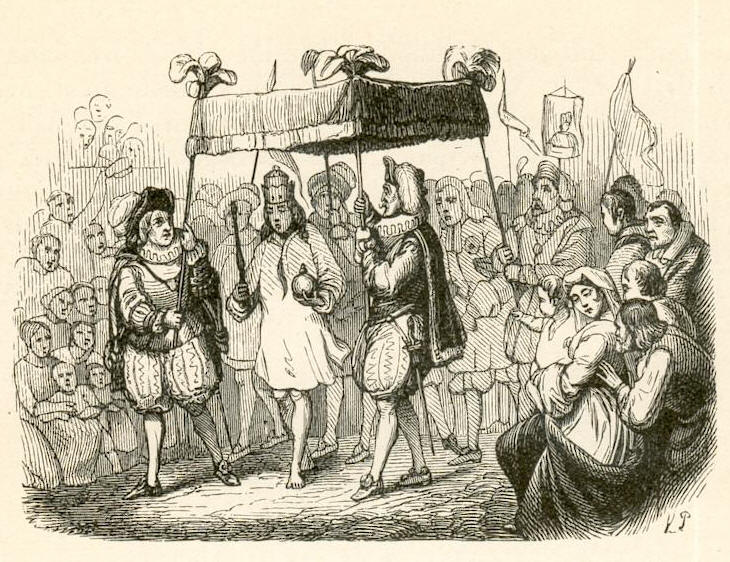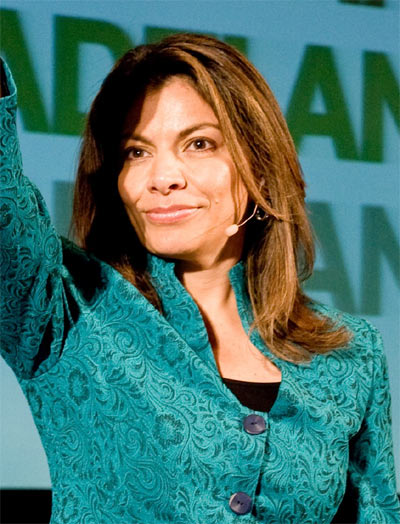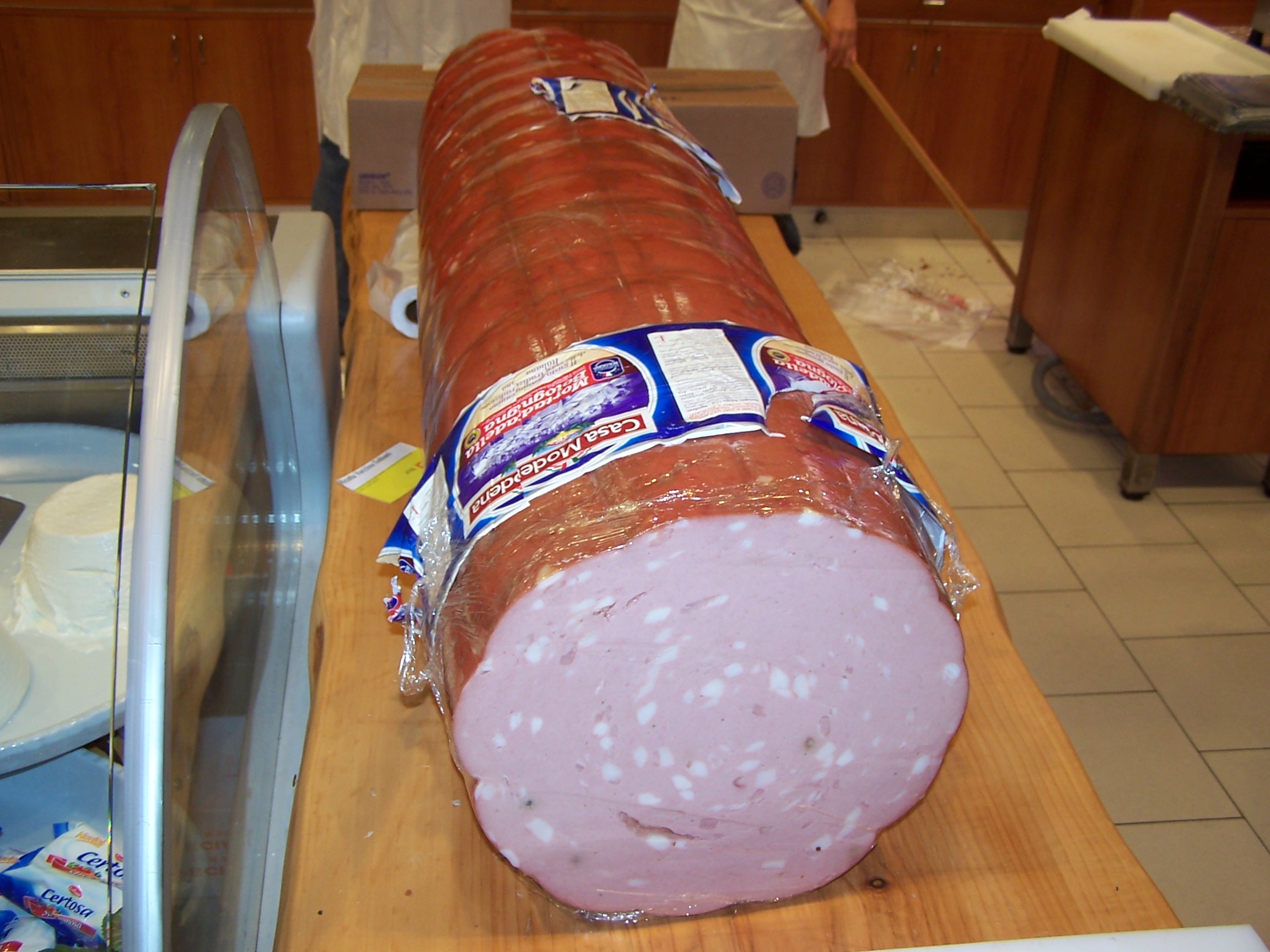Several of Venezuela's top pop musicians - among them Yordano, Desorden Público, Rawayana and Caramelos de Cianuro, decided to make a call for peace during a special programme on the TV channel Venevisión. The reason is that they got fed up of so much crime and violent discourse (last drop was the murder of Caramelos de Cianuro's manager).
What did the channel do? It decided to censor the message, restrict what was broadcast. The musicians complained.
Countless sympathizers of Chávez abroad claim Venezuela's media is free and in fact almost anarchic. Some journalists point out Venezuela's media is "so polarised there is no middle ground". And indeed, in newspapers like El Universal or Notitarde you read highly critical articles about Chávez. And indeed, in Globovisión, Venezuela's tropical version of populist Fox News, you can listen to people stating Venezuela is in a dictatorship. A couple of years ago you could even watch a couple of nut cases wishing Chávez "gone". You don't get that in places where there is no democracy, do you?
Do you?
Well, we need to ask: what does it mean to be free in the media? Are we free if we can say many things to 30% of the population? And what things precisely?
The problem is that Venezuela's opposition media is freely running in a sandbox, like applets in a browser: it looks nice, it can become very flashy, you can visualize it using your whole screen, but it still within a restricted environment. The difficult thing to explain to foreigners is that critical media in Venezuela has hardly any reach outside the the very urban centres and beyond those with cable or Internet access. Even foreign correspondents are not aware of the details about what it takes for a radio station outside the capital region to say anything remotely critical of Chávez.
About 60% to 70% of the population cannot be reached by those media outlets. Globovisión, which has long become a Potemkin-village kind of channel for the government, can only be watched in Caracas and Valencia unless you have cable or Internet access.
Most Venezuelans read very little and outside the main centres they only read tabloid papers. If we look at Russia, we see people read more and they can buy Novaja Gazeta in Moscow or Peterburg and with some luck in other main cities...they can watch Dozhd' on line and listen to criticisms coming from the opposition and there are more people with Internet access than in Venezuela...and yet Western observers do say almost unanimously things are not fine for the Russian media.
Cisneros, one of Venezuela's biggest industrialists and owner of Venevisión, one of the last major private TV channels with open air access, Venevisión, decided in 2002, after the brief coup, to play Chávez's game. Since then the channel has focused on very light entertainment and reduced any criticism of Chávez.
And now it is even censoring any lame protest about what is obvious.
As Francisco posted, the government has decided to violate yet again the constitution by declaring through a decree that it can get into more debt without the congressional approval.
Chávez also threatened private companies and banks that may consider supporting opposition parties. He said he could nationalise them. Never mind Chávez came to power with the money of many of those he is now threatening.
Foreign journos go to Caracas' East and see in posh shopping centres how real versions of María Alejandra López declare we live in "castro-comunismo". How can they analyse that? It's hard. And this is where we stand.













